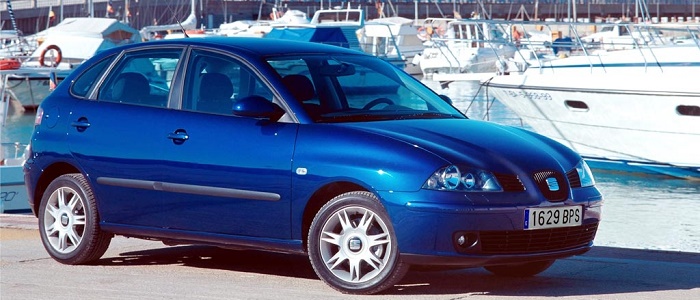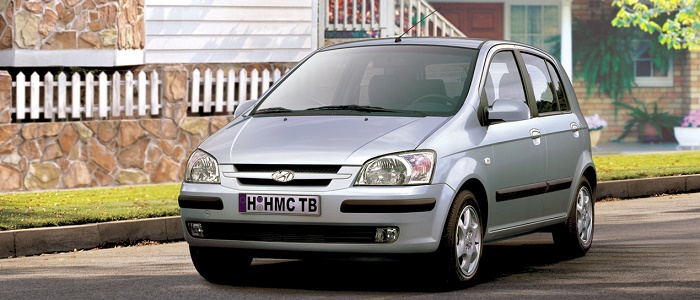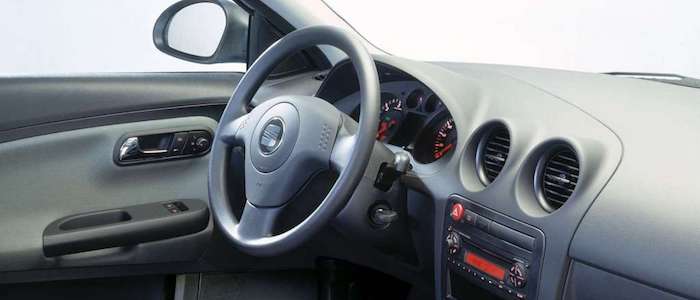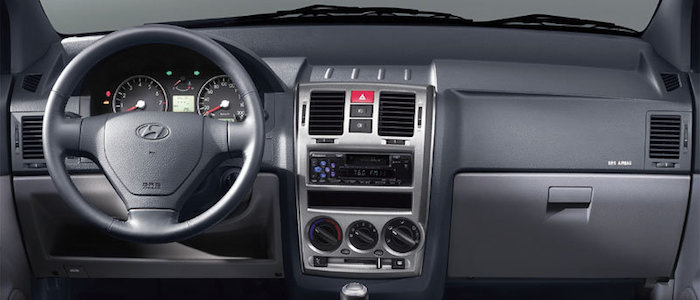Compare two cars
Compare any two cars and get our Virtual Adviser™ opinion
Marketing
Dimensons & Outlines
Engine
Performance (manual gearbox)
Performance (automatic gearbox)
Expenses
Virtual Adviser's™ opinion
Well, these are two pretty similar cars we have here! It's only details that could potentially make the difference. Considering they both belong to the city car segment and utilize the same 5-door hatchback body style and the front wheel drive system, it all comes up to the specific petrol engine choice they offer. The first one has a Volkswagen-engineered powertrain under the hood, a 4-cylinder, 8-valves 115hp unit, while the other one gets its power and torque from a 4-cylinder, 16-valves 105hp engine designed by Hyundai.
SafetyBoth vehicles got tested by European New Car Assessment Programme (Euro NCAP), with the same number of safety stars gained in the process. Still, apart from the official crash test results there are other things we need to be aware of. Both vehicles belong to the city car segment, which is generally not a very good thing safety-wise, but it doesn't do much to help us decide between the two. Furthermore, if we'd like to consider vehicle mass in this context too, which we definitely should, the Spanish car offers a considerable difference of 12% more metal.
ReliabilityManufacturers have been building their reliability reputation for decades now and, generally speaking, it appears that Hyundai does have a slight advantage, when all the models are taken into account. That's the official data, while our visitors describe reliability of Seat with an average rating of 4.4, and models under the Hyundai badge with 4.5 out of 5. Some independent research have also placed Ibiza as average reliability-wise, and Getz is more or less at the same level.We should definitely mention that owners of cars with the same powertrain as the Spanish car rank it on average as 4.1, while the one under the competitor's bonnet gets 4.6 out of 5.
Performance & Fuel economyHyundai is a bit more agile, reaching 100km/h in 0.5 seconds less than its competitor. Still, it lacks the power to win the top speed competition, topping at 176 kilometers per hour, 22km/h less than the other car. When it comes to fuel economy the winner has to be the Korean car, averaging around 6.5 liters of fuel per 100 kilometers (43 mpg), in combined cycle. We can't ignore that 18% difference compared to the Spanish car.
Verdict
Hyundai appears just a bit more reliable, although the difference is truly marginal. The most important thing when deciding between any two vehicles should always be safety, both passive and active. In my opinion, everything taken into account, the Spanish car offers significantly better overall protection, taking the lead here. From there things take a different direction, with Hyundai offering somewhat better performance, just enough to call it quicker. To make things even better, it consumps less fuel! I believe that, when we take all into account, we have only one winner here - the Hyundai. Anyway, that's the most objective conclusion I could've came up with and it's based solely on the information found on this website. Aspects such as design, practicality, brand value and driving experience are there for you to measure them out. Also, you could use the oportunity to find out which car, everything taken into account, would be the perfect choice for you in the eyes of the virtual adviser™, out of 12.000+ vehicles we currently have in our database.
































